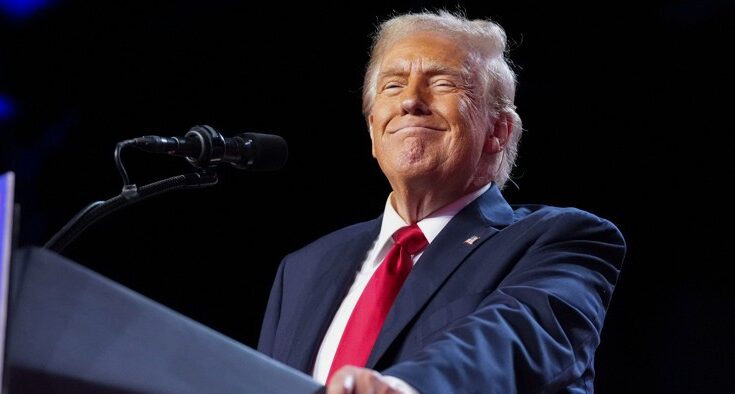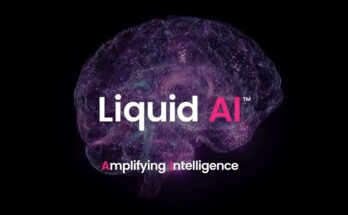President Trump revoked Biden’s executive order requiring AI developers to share safety test results with the US government, aiming to reduce AI’s risks to consumers, workers, and national security, as per the Defense Production Act.
Executive Order 14110, issued in 2023, aimed to ensure the safe, secure, and trustworthy use of artificial intelligence. Implemented by President Biden, it addressed potential risks such as chemical, nuclear, and cybersecurity threats to national security, as legislation unable to pass on AI restrictions was not passed.
The 2024 Republican Party platform announced the repeal of Joe Biden’s executive order, which impeded AI innovation and imposed radical left-wing ideas. Instead, Republicans support AI development rooted in free speech and human flourishing. AI experts discuss the potential benefits and risks associated with this move, highlighting the need for careful consideration of the potential risks associated with such actions.
Industry Reaction: Is It Better or Worse to Repeal AI Laws?
Techopedia’s Chief Product Officer, Kenny Johnston, reveals that the 2023 executive order on AI safety will significantly change the U.S. approach to AI regulation. Johnston sees this as both an opportunity and a challenge for the technology sector, as developers play a crucial role in implementing AI and transforming user interaction with devices.
The tech community’s collaboration in AI is crucial for progress and safeguarding against perceived risks. Qlik CEO Mike Capone believes the revoked executive order on AI risks reflects the ongoing tension between innovation and regulation in AI. He suggests the private sector should step up to prevent careless AI adoption.
The future of AI development necessitates innovation and intentionality, with the private sector responsible for ethical, safe, and responsible practices. Businesses should act responsibly in AI practices, using high-quality data for risk mitigation, trust enhancement, reduced operational risks, and improved outcomes for customers and shareholders.
Jonathan Jacobi, CEO of ValidMind, has criticized the 2023 AI executive order for shifting focus away from safeguards, citing concerns about potential misuse in critical areas like public services, regulatory enforcement, and national security, emphasizing the need for transparency, accountability, and responsible AI technology use.
Could States in the US Enact Their Own AI Laws?
Generative AI systems are not entirely objective and unbiased, as biases and blind spots can be embedded in their algorithms and data. These can be unconscious biases that developers may not recognize, and loosening oversight could exacerbate this issue as authorities’ powers decrease.
States in the U.S. may propose their own laws to address the repositioning of AI policy if they don’t contravene existing federal laws. However, this may be challenging, and the impact on national and international companies is unclear. Additionally, legislation not primed for Trump’s executive order may take time to write and become law, allowing AI companies to make changes while the legislative battle is ongoing.
The US and EU’s deregulation of AI could lead to a further separation, as the EU has been diligent in preventing AI misuse, while the US’s deregulation approach may result in less collaboration, potentially causing more issues in the future.
What Are Trump’s AI Repeal’s Benefits and Drawbacks?
The decision to restrict tech exports to China under Trump could stimulate innovation and free up resources for research and development, potentially leading to breakthroughs. However, it could also stifle Chinese AI innovation, a national security concern.
Trump’s decision to increase AI use may benefit enterprise leaders by increasing efficiencies in tasks like coding and software writing. However, potential downsides include legal issues surrounding AI companies’ product development and potential intellectual property infringement.
Legal safeguards may weaken companies’ ability to take aggressive action in contested areas like website crawling and copyright infringement. Unchecked AI progress may lead to more sophisticated deepfakes and disinformation campaigns, causing concern about partisan discourse and potential legal repercussions.
Job security is a complex issue, with governments facing increased unemployment due to AI. The tech job market’s evolution is uncertain, with hopes of creating more jobs. However, progress may not be linear, and significant upheaval may occur.
The Bottom Line
The stabilizing forces and restrictions on AI have been removed, potentially leading to immediate consequences. Market forces will guide its development, potentially resulting in an exciting age of innovation or significant societal upheaval. The future of AI will depend on our outlook.



